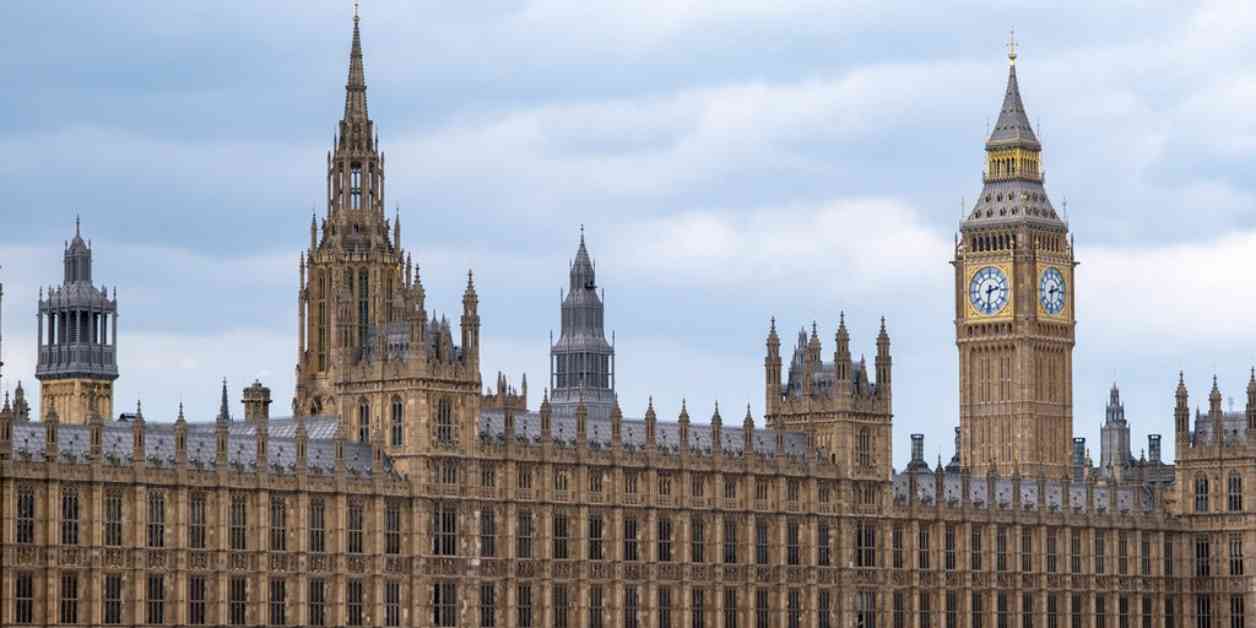A businessman named Steve Endacott is campaigning to become a member of parliament in the United Kingdom. He is using an AI-generated avatar called “AI Steve” to engage with voters on various topics and present policy ideas. The avatar interacts with people in real-time and asks for their input.
Endacott’s goal is to show how artificial intelligence can provide voters with more access to their representatives. The AI co-pilot talks to voters continuously and develops policies, which are then reviewed by 500 validators. This process aims to ensure the policies are well-vetted and secure.
The use of AI in politics raises questions about its role and impact. Some people, like charity worker Eona Johnston, are open to the idea but want to see evidence of its efficiency and trustworthiness. Others, like accountant Jim Cheek, believe that public speaking skills are essential for MPs, which an AI lawmaker may lack.
Endacott, who runs a company called Neural Voice that powers AI Steve, is frustrated with traditional politics and wants to reform democracy. He emphasizes the importance of connecting people with their MPs, especially since public trust in the government is low. The rapid advancement of AI technology, particularly ChatGPT, has brought the discussion of AI in politics to the forefront.
While Endacott’s campaign with AI Steve has sparked interest, some locals are hesitant to vote for an AI candidate. The Electoral Commission clarified that the elected MP would be the human candidate, not the AI application they use. Despite concerns and criticism, Endacott’s initiative has initiated a crucial conversation about the integration of AI into politics.
The use of AI in politics is a complex and evolving issue that requires careful consideration. As technology continues to advance, it is essential to assess how AI can be effectively utilized in governance while upholding democratic principles. The intersection of AI and politics presents both opportunities and challenges that will shape the future of representative democracy.


















